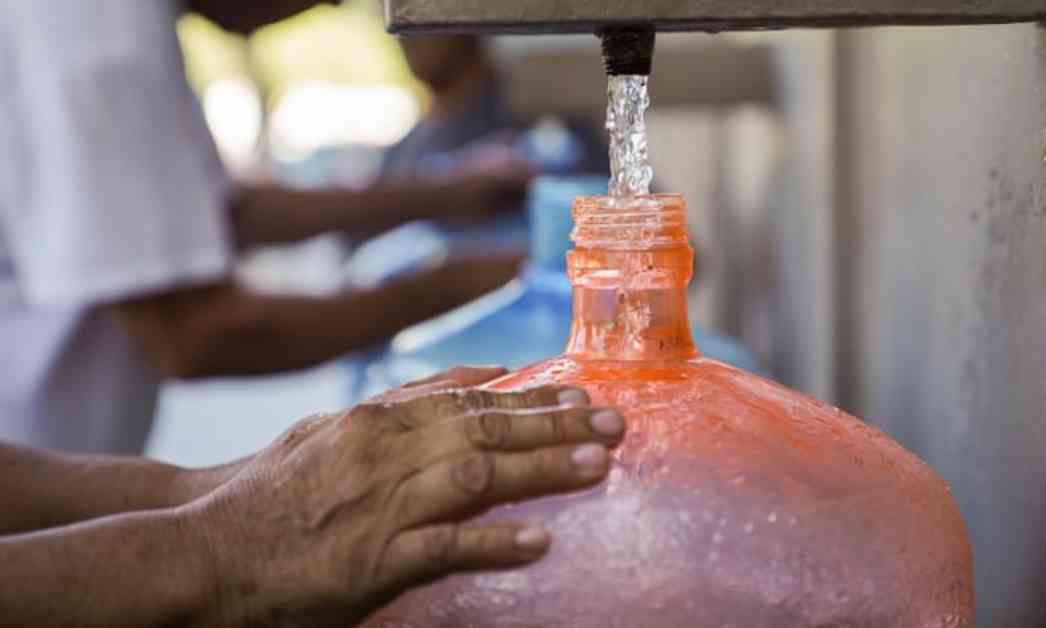A team of researchers from the University of Toronto is working on an innovative solution to Mexico’s water crisis. With around 57% of the population lacking access to clean drinking water, the team is exploring the use of solar-powered UV LED lights to purify harvested rainwater. This technology could provide a more affordable and sustainable alternative to expensive bottled water for households in need.
Led by PhD student Karlye Wong, the research project involves a multidisciplinary approach that includes engineers, geographers, economists, and sociologists. By looking at both the technological and social aspects of water purification, the team hopes to create systems that are not only effective but also user-friendly and widely accepted by the community.
Traditional methods of water purification often involve adding chemicals like chlorine, which can be off-putting to many people. UV light technology offers a chemical-free alternative, but conventional systems can be costly to run and maintain. The use of solar-powered UV LEDs, along with flow sensors to regulate the lights, could make the technology more energy-efficient and affordable in the long run.
The researchers have been collaborating with Isla Urbana, a Mexican social enterprise that installs rainwater harvesting systems in local communities. By working closely with organizations like Isla Urbana, the team hopes to ensure that their technology is sustainable and accessible to those who need it most.
In addition to providing clean drinking water, rainwater harvesting systems can also help communities build resilience against climate change. By diverting excess rainwater into storage tanks instead of letting it cause flooding or flow into storm drains, these systems can help mitigate the impact of heavy rainfall in areas prone to extreme weather events.
The team’s research is not only focused on finding technical solutions but also on changing the mindset of the water industry. By developing technologies that are better suited for the conditions in the global south, the researchers hope to encourage investment in sustainable water solutions in countries like India, Indonesia, and the Philippines.
Overall, the University of Toronto research team is dedicated to pushing the boundaries of what’s possible in addressing water scarcity and climate resilience. Through their interdisciplinary approach and collaboration with local communities, they are working towards a future where clean drinking water is accessible to all, regardless of economic status or geographic location.

